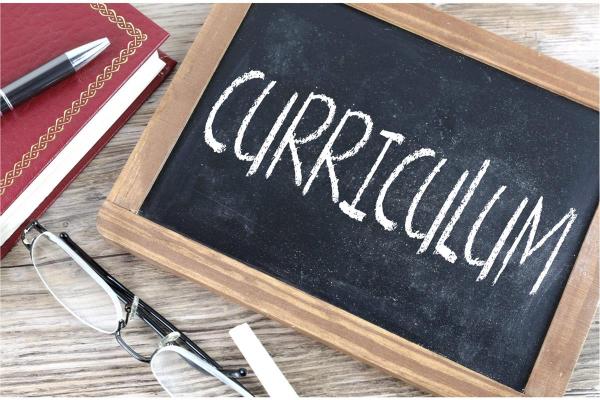Getting to a job interview is all but certain, we all know that. The interview is actually the second step, and an important one in the search for employment.
The first step, of course, is to search for it.
Finding employment is a job in itself, and those who say the opposite have no idea of what they’re talking about. It requires effort, time, commitment, and a lot of patience, especially when competition is high.
In this short article we would like to give some advice for a better job search.
1. Good presentation
2. Skills and experience: be honest and precise
3. Do not put the focus on yourself
4. Property of language
These are suggestions probably obvious to most, and surely they are not the only things to worry about when looking for a job; regardless, we believe they are quite important pieces of advice.
1. GOOD PRESENTATION
The first impression is important. It is not enough to write “Dear sir/madam, my name is John Smith and I am looking for a job”.
Facing such an email or direct message, HR professionals will not think twice about skipping to the next candidate. Be it an unsolicited application or an application for a specific job, it is always good practice to list your skills, experiences, and how they would be useful for your potential employer. It is for these reason that we have the curriculum (call it resume if you will) and the cover letter.
When you send an application by e-mail it is essential to attach your curriculum and a short cover letter. On job search websites like Ominee it is the same; the only difference is that your profile contains both your CV and cover letter.
Employers and HR officers who read your application want to know who you are, where you worked, what skills you possess, and how you can be useful to their business. After all, their job is to choose the best person to hire for a specific role, and their first screening is the job application itself.
Furthermore, head hunters and HR managers are always looking for potential candidates, and on social media like Ominee they often skim through users’ profiles. This means that keeping your online profile up to date is always useful.
2. SKILLS AND EXPERIENCE: BE HONEST AND PRECISE
A rich curriculum is a good thing. Having done various jobs shows you probably have an ample skill set.
On the other hand, doing the same job for 15 years guarantees a certain quality that can only derive from experience.
Which one is the most effective really depends on the kind of job you are looking for and on the company offering it. In both cases, however, it is essential to list in an honest and precise manner your skills and experiences.
A poor “I’ve been a plumber for 10 years” will have the reader ponder where you worked and if you’re reliable. Adding more details, for example the company you worked for, or if you are a freelancer, if you have reached particular professional objectives, what is your professional background, your education, will paint a clearer and more credible picture for those who must decide if you are valid candidates.
At the same time, it makes no sense saying that you can speak 6 languages and know how to program in HTML5 only to be noticed, because you will be tested, and no one likes looking bad at an interview.
Those who give an honest evaluation of their skill level and are ready to improve and learn are much more appreciated.
3. DO NOT PUT THE FOCUS ON YOURSELF
Be it an e-mail, a post, a message, or a cover letter, before writing you must ask yourself what you can do for the company and what would the benefit be for them, not for yourself.
Naturally, it is not possible not to talk about yourself when job hunting, and it is quite obvious you would benefit from being hired, but your aim should be to show the potential you would bring to your employer, convince them that you are the correct choice.
For example:
“I would love to work for your company, which certainly would find quite useful my 5 years experience in administration, where my main tasks revolved around accounting and archiving. I have great proficiency with SAP, but I can easily adapt and I am ready to learn to use your management software”
is different from:
“I have worked for 5 years in administration, where I dealt mainly with accounting and archiving, and I am proficient with SAP management software. I am sure I am a great candidate for the role you offer”.
Furthermore, it is always a good thing to learn something about the company you are applying for, knowing where it is, what it does, visit its website. It is also a good way to understand if the job offer is legit.
4. PROPERTY OF LANGUAGE
Writing correctly is not an option. Your e-mail, your curriculum, your cover letter, your Ominee profile… they are your business card. They are all that a head hunter or an employer knows about you.
An application full of grammar mistakes or a badly written CV is seen as a show of laziness and scarce professionalism. It would be like attending an interview wearing a tank top and shorts.
Take your time rereading what you have written to check if there are any errors. You will show commitment and reliability.

"Curriculum" by Nick Youngson CC BY-SA 3.0 Alpha Stock Images
Want to know how to succeed in a job interview? Click here.
Do you prefer some tips on how to improve your curriculum? Read this article.
If you'd like to know how to properly quit your job, click here